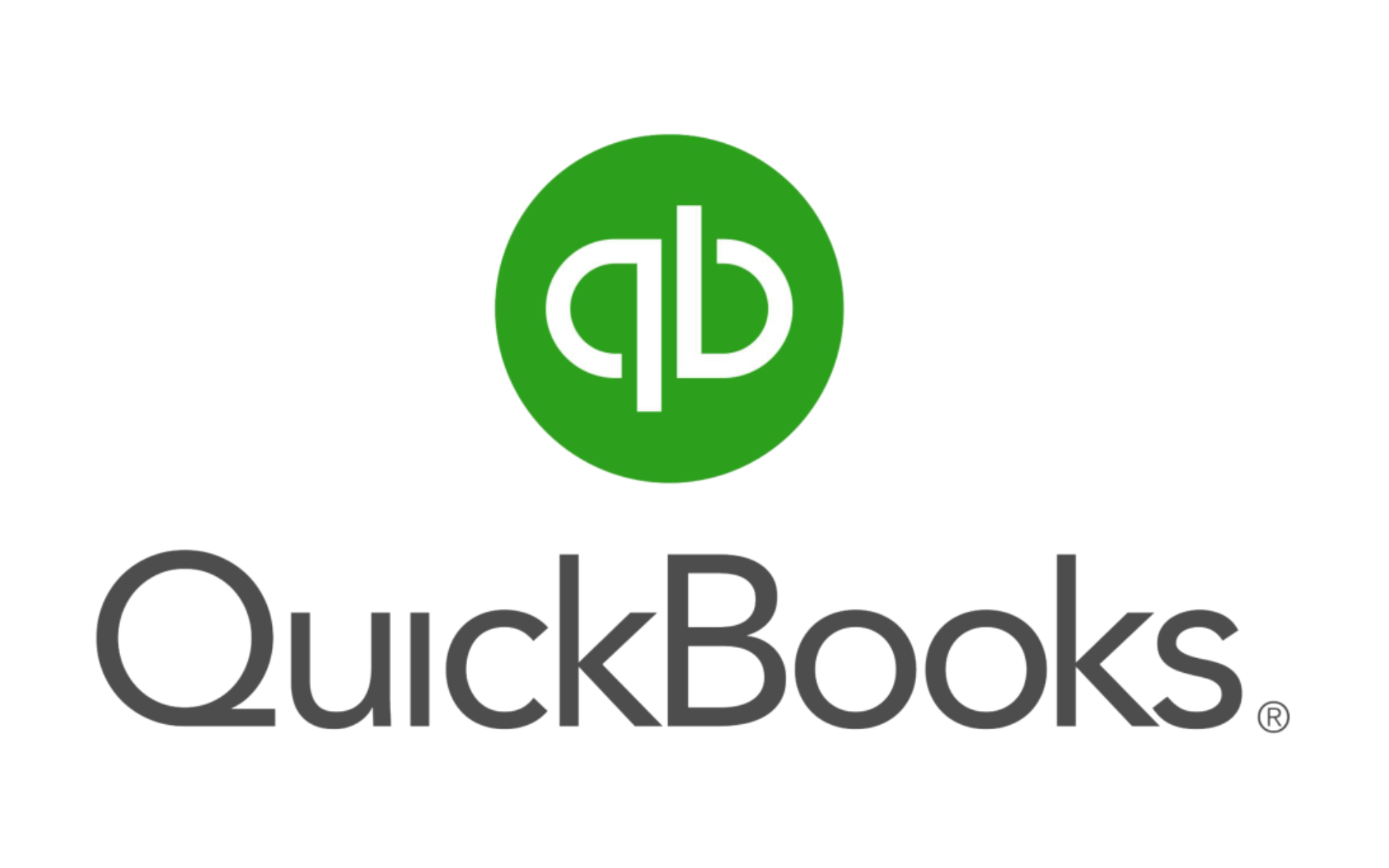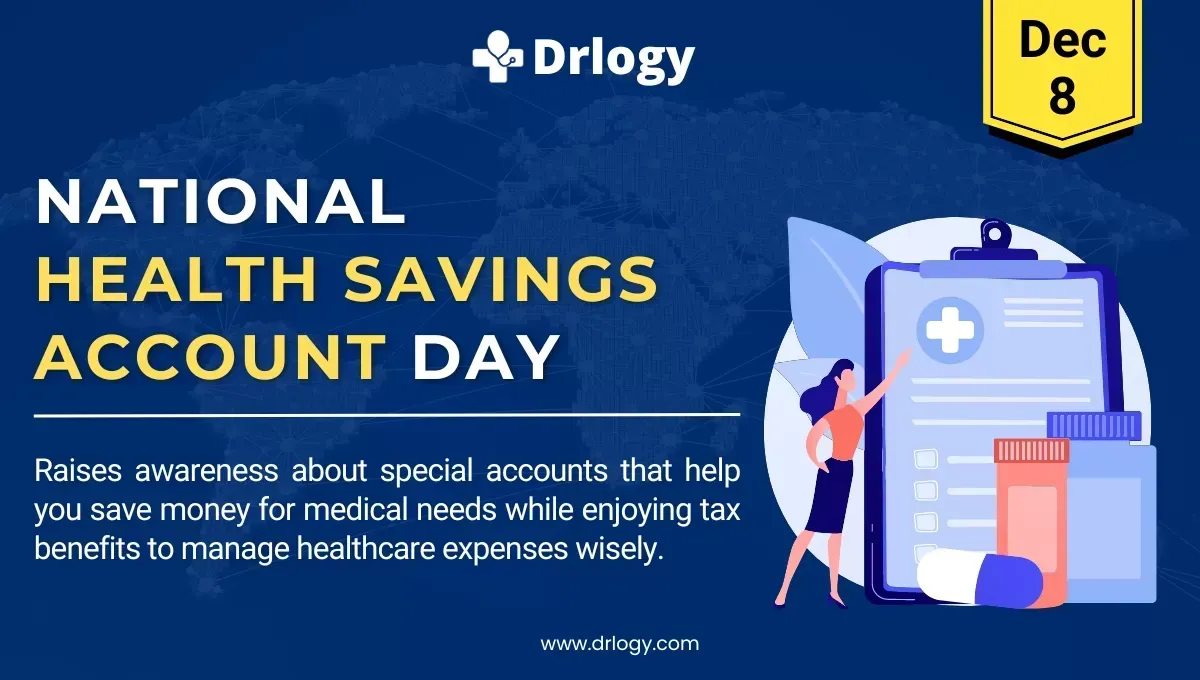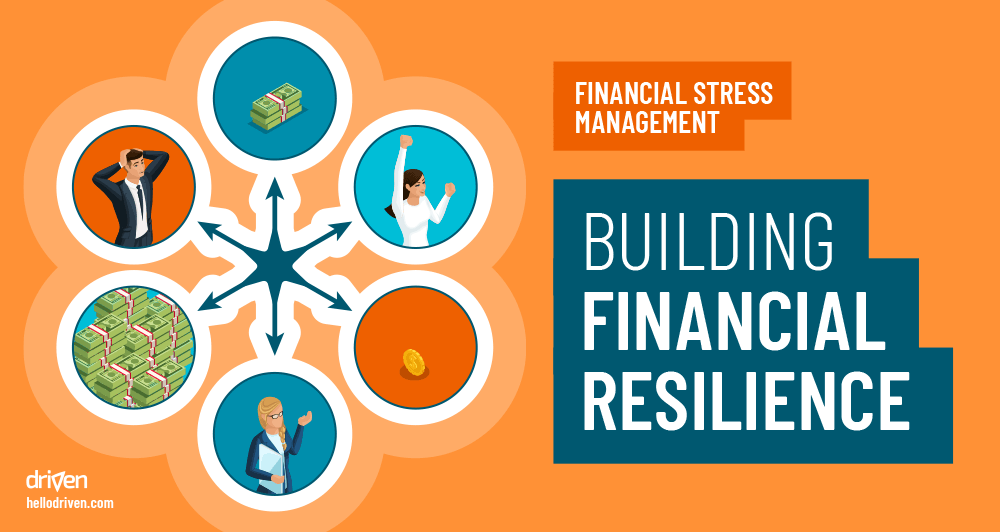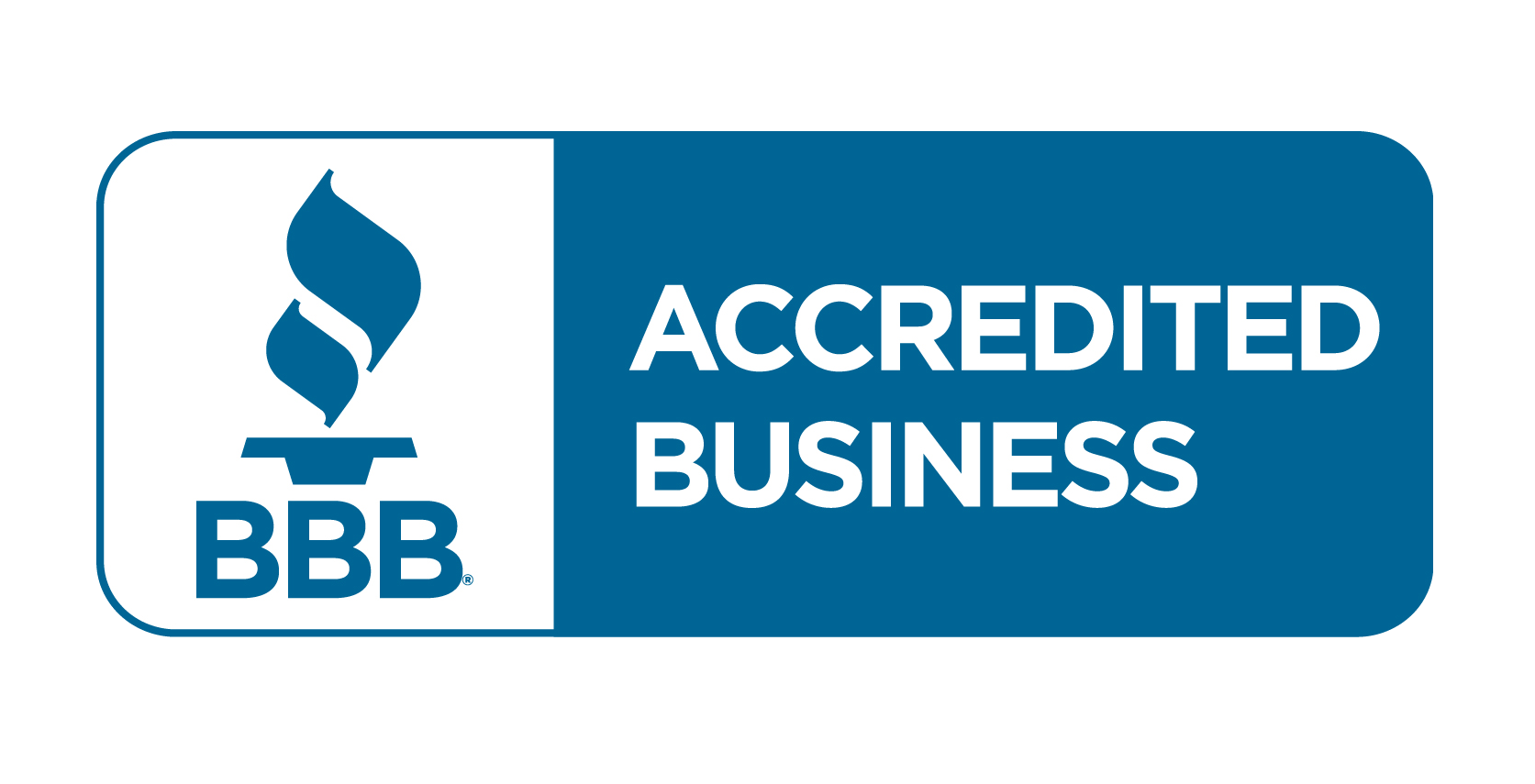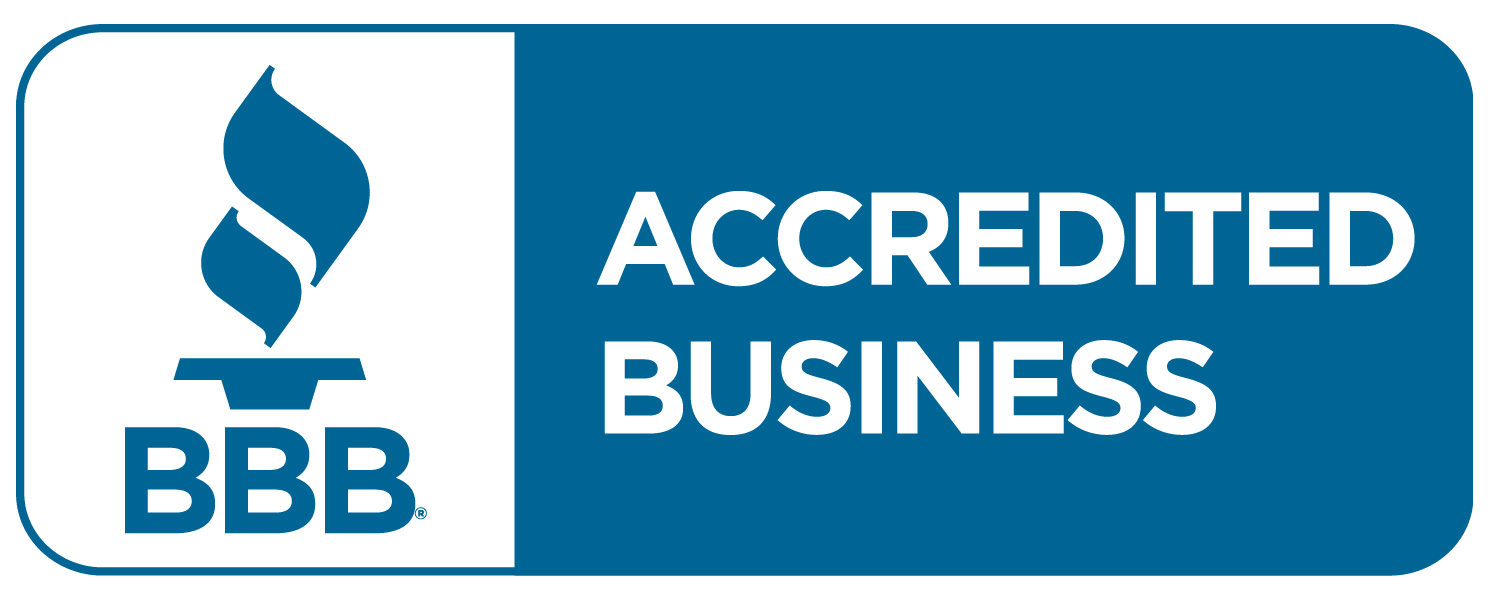Strengthening Your Business’s Financial Resilience: A Guide for National Preparedness Month
As we celebrate National Preparedness Month, at Acumen MB LLC, we want to underscore the importance of financial preparedness for your business or corporation. While disaster preparedness often focuses on physical safety, it’s equally crucial to ensure the financial health and continuity of your organization. In times of crisis, being financially resilient can make all the difference in the world.
1. Understand Your Financial Landscape
To safeguard your business during unforeseen events, start by comprehending your financial landscape inside and out. This includes:
a. Budgeting: Maintain a well-structured budget that encompasses both daily operations and contingencies for emergencies. Continually monitor and adjust it as necessary.
b. Cash Flow Management: Maintain a healthy cash reserve to cover at least three to six months’ worth of operating expenses. This will provide a buffer during unexpected disruptions.
c. Debt Management: Be cautious with your debt load. Minimize high-interest loans and explore options for debt consolidation or refinancing.
d. Insurance: Review your insurance policies regularly to ensure they adequately cover potential risks, such as natural disasters or cyberattacks.
2. Create a Disaster Recovery Plan
A well-thought-out disaster recovery plan is paramount for business resilience. Your plan should include:
a. Data Backup: Regularly back up your financial records and important documents in secure, off-site locations or cloud-based storage.
b. Emergency Contacts: Maintain an up-to-date list of key contacts, including employees, suppliers, and clients, so you can quickly communicate during a crisis.
c. Financial Redundancies: Identify alternative sources of income or financial support in case your primary revenue streams are disrupted.
3. Diversify Income Streams
Over-reliance on a single revenue source can be risky. Diversify your income streams by exploring new markets, products, or services. This can provide a financial cushion during challenging times.
4. Employee Financial Well-Being
Your employees are the backbone of your business. Consider implementing financial wellness programs to help them manage personal finances, reducing their financial stress during disasters.
5. Succession Planning
Ensure the continuity of your business by developing a succession plan. Identify key individuals within your organization who can step into leadership roles if needed. Document processes and responsibilities to ensure a smooth transition in case of unexpected events.
6. Seek Professional Guidance
Engaging a CPA or financial advisor can be invaluable in preparing for unexpected financial challenges. Professionals like us can offer expert insights, conduct financial stress tests, and provide guidance on optimizing your financial strategies.
7. Continual Monitoring and Adaptation
Financial preparedness is an ongoing process. Regularly assess and update your financial strategies, making necessary adjustments as your business evolves and new risks emerge.
8. Collaborate and Network
Join local business associations and networks that can provide support during times of crisis. Sharing experiences and resources can be instrumental in navigating financial challenges.
In conclusion, National Preparedness Month serves as a timely reminder that safeguarding your business’s financial health is an essential part of overall preparedness. By following these steps and proactively managing your financial well-being, you can ensure your business remains resilient in the face of adversity. At Acumen MB LLC, we stand ready to assist you in your journey towards financial preparedness.
Don’t wait for the storm to hit; start building your financial resilience today. Together, we can weather any financial challenge that comes your way.
